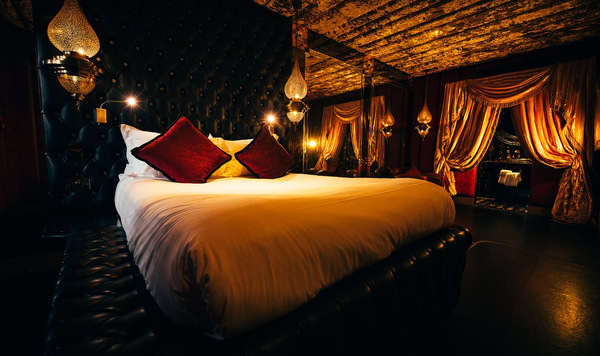Night-time economy facing skills crisis with 85% of staff looking to leave
Eighty-five per cent of people working in the night time economy are considering leaving the industry due to the impact of the pandemic, a report has found.
It highlights the scale of the skills crisis potentially facing nightclubs, pubs and bars, many of which have been unable to reopen since March 2020.
The findings are based on an online survey of over 20,000 business owners, employees, freelance workers and consumers by the All-Party Parliamentary Group (APPG) for the Night Time Economy, a cross-party group of MPs.
It found that late-night businesses and their suppliers have on average made 37% of their workforce redundant over the past year.
Around 35% of businesses expect to have to make further redundancies before April.
One quarter of all employees surveyed had been made redundant and two thirds were currently on furlough, with many looking to leave the industry for jobs in more economically stable sectors.
There are concerns this could lead to a drain of talent from the industry, making it more difficult for it to bounce back once restrictions are lifted.
The APPG is recommending the government consider a communications campaign encouraging people to stay in the sector, rather than retrain for other roles.
This could also involve investment in training schemes to offset the loss of talent.
MP Jeff Smith, chair of the APPG and a former self-employed DJ, said: “Our findings today reveal this industry is on its knees, in desperate need of additional support from the government and a concrete plan for reopening. Without these interventions, many of these viable businesses will go under, leaving city and town centres resembling ghost towns.”
More action needed
Over 88% of night-clubs owe more than two-quarters’ worth of rent to landlords, according to the Night-Time Industries Association, with many fearing they could face eviction when the lease forfeiture moratorium ends on 31 March.
The APPG report suggested introducing a government-backed ‘shared burden’ model, with rental arrears divided equally between government, landlord and tenant. This could be enforced by a government-backed code of practice.
The APPG also recommended introducing a Treasury-supported scheme to boost demand for late-night businesses once restrictions are lifted, and appointing a dedicated night time economy adviser to the government.
It said the furlough scheme should be extended until businesses can trade as normal, and VAT and rates relief continued throughout 2021.
Smith added: “If the government is serious about its ‘levelling up’ agenda it must act now to save this sector and avoid untold damage to the social fabric of this country.”
Image: Shutterstock
















